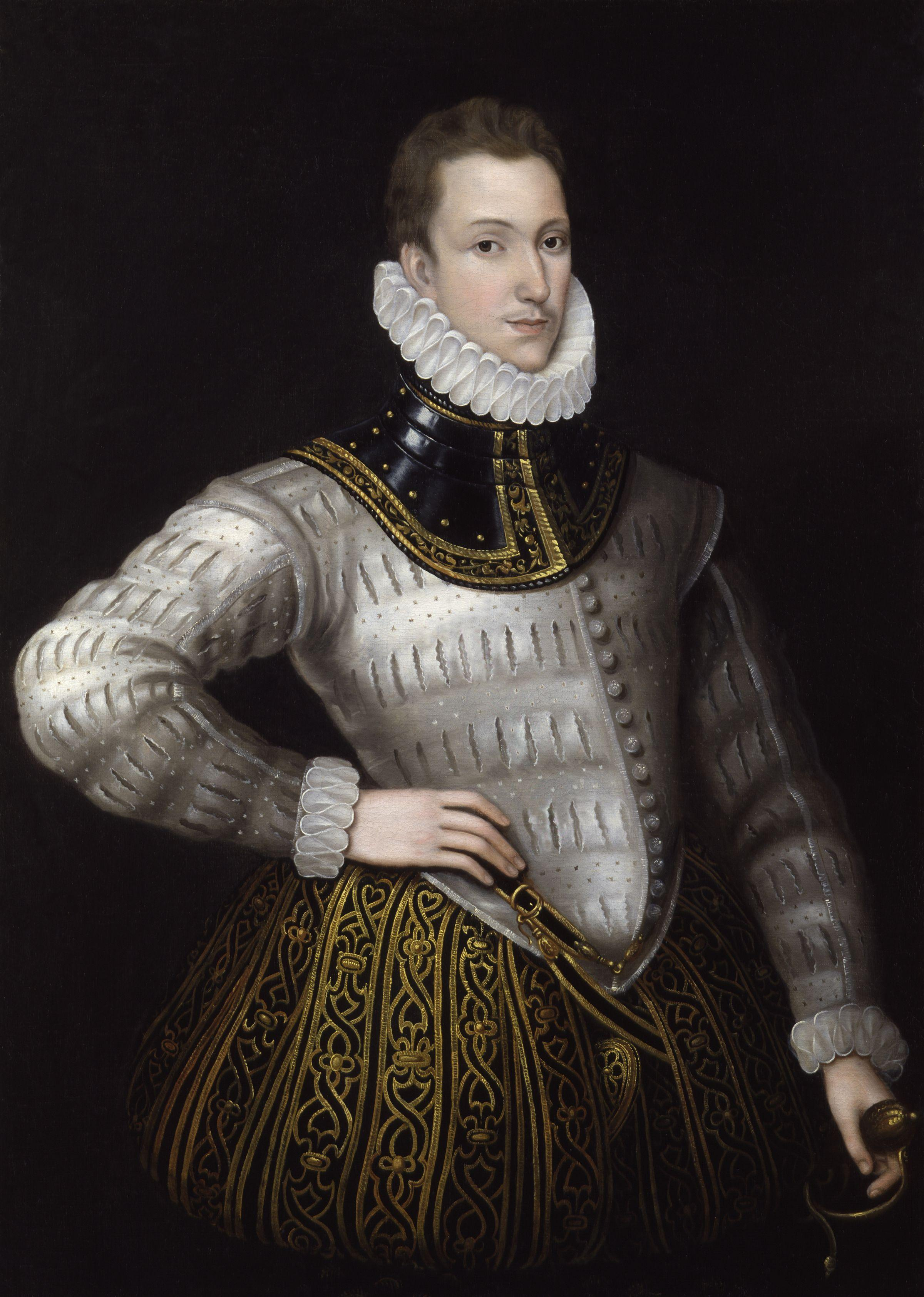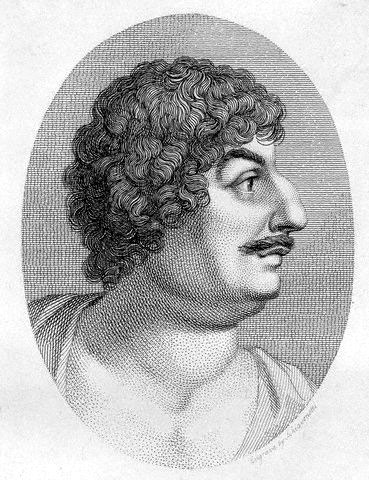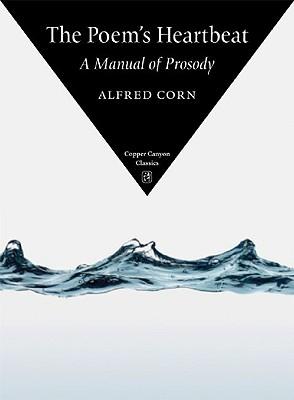…
Today is April 23, the day Shakespeare was born and died. He’d be 453. In celebration here is the poet Alfred Corn reading poems of Renaissance English poets including Shakespeare that I recorded at the New York Botanical Garden in June of 2013. These poems often have to do with spring and summer, and to listen is a pleasure, a blossoming.
There Is A Garden In Her Face
Thomas Campion
There is a garden in her face
Where roses and white lilies grow;
A heav’nly paradise is that place
Wherein all pleasant fruits do flow.
…There cherries grow which none may buy,
…Till “Cherry ripe” themselves do cry.
Those cherries fairly do enclose
Of orient pearl a double row,
Which when her lovely laughter shows,
They look like rose-buds fill’d with snow;
…Yet them nor peer nor prince can buy,
…Till “Cherry ripe” themselves do cry.
Her eyes like angels watch them still,
Her brows like bended bows do stand,
Threat’ning with piercing frowns to kill
All that attempt with eye or hand
…Those sacred cherries to come nigh,
…Till “Cherry ripe” themselves do cry.
 Thomas Campion
Thomas Campion
…
Song
John Milton
The winter being over,
In order comes the Spring,
Which doth green herbs discover,
And cause the birds to sing.
The night also expired,
Then comes the morning bright,
Which is so much desired
By all that love the light.
This may learn
Them that mourn,
To put their grief to flight:
The Spring succeedeth Winter,
And day must follow night.
…
On May Morning
John Milton
Now the bright morning star, day’s harbinger,
Comes dancing from the East, and leads with her
The flowry May, who from her green lap throws
The yellow cowslip, and the pale primrose.
Hail bounteous May that dost inspire
Mirth and youth, and warm desire,
Woods and groves, are of thy dressing,
Hill and dale, doth boast thy blessing.
Thus we salute thee with our early Song,
And welcome thee, and wish thee long.
 John Milton
John Milton
…
A Sweet Disorder
Robert Herrick
A sweet disorder in the dress
Kindles in clothes a wantonness:—
A lawn about the shoulders thrown
Into a fine distractión,—
An erring lace, which here and there
Enthrals the crimson stomacher,—
A cuff neglectful, and thereby
Ribbands to flow confusedly,—
A winning wave, deserving note,
In the tempestuous petticoat,—
A careless shoe-string, in whose tie
I see a wild civility,—
Do more bewitch me, than when art
Is too precise in every part.
 Robert Herrick
Robert Herrick
…
Loving In Truth
Sir Philip Sidney
Loving in truth, and fain in verse my love to show,
That she, dear she, might take some pleasure of my pain,
Pleasure might cause her read, reading might make her know,
Knowledge might pity win, and pity grace obtain,—
I sought fit words to paint the blackest face of woe;
Studying inventions fine, her wits to entertain,
Oft turning others’ leaves to see if thence would flow
Some fresh and fruitful showers upon my sun-burned brain.
But words came halting forth, wanting invention’s stay;
Invention, nature’s child, fled step-dame Study’s blows,
And others’ feet still seemed but strangers in my way.
Thus, great with child to speak, and helpless in my throes,
Biting my truant pen, beating myself for spite,
Fool, said my muse to me, look in thy heart and write.
 Sir Philip Sidney
Sir Philip Sidney
…
Sonnet 18
William Shakespeare
Shall I compare thee to a summer’s day?
Thou art more lovely and more temperate:
Rough winds do shake the darling buds of May,
And summer’s lease hath all too short a date:
Sometime too hot the eye of heaven shines,
And often is his gold complexion dimm’d;
And every fair from fair sometime declines,
By chance or nature’s changing course untrimm’d;
But thy eternal summer shall not fade
Nor lose possession of that fair thou owest;
Nor shall Death brag thou wander’st in his shade,
When in eternal lines to time thou growest:
So long as men can breathe or eyes can see,
So long lives this and this gives life to thee.
 William Shakespeare
William Shakespeare
…
…
The Poem’s Heartbeat
…
If you have ever wondered about the mechanics of English poetry, I recommend a book called The Poem’s Heartbeat by Alfred Corn published by Copper Canyon Press. Why do we like a poem or a song or the sound of the ocean splashing waves along the shore? Does it all begin with the heartbeats of our mothers?
Here are a few sentences from the Introduction about the nature of rhythm that give an idea of what a help, and an insight, and a pleasure it is to read The Poem’s Heartbeat:
…Before an infant is born it develops a sense of hearing, and the first thing it hears is the heartbeat of the mother—a heartbeat perceived in a regularly recurring sequence. The steady rhythm of the mother’s daily walk must also be experienced by the child as a physical sensation of gentle rocking to and fro. Eventually the child develops its own heartbeat, in counterpoint to the mother’s. At birth, another primary rhythm is established, the intake and exhalation of breath. When the child begins to see, visual equivalents of rhythm emerge: the regular alternation of night and day; a series of steps from the ground floor up to the next level; the regularly repeating pattern on printed textiles or wallpaper…
Copper Canyon Press:
http://www.coppercanyonpress.org/
…
 Alfred Corn
Alfred Corn
…






